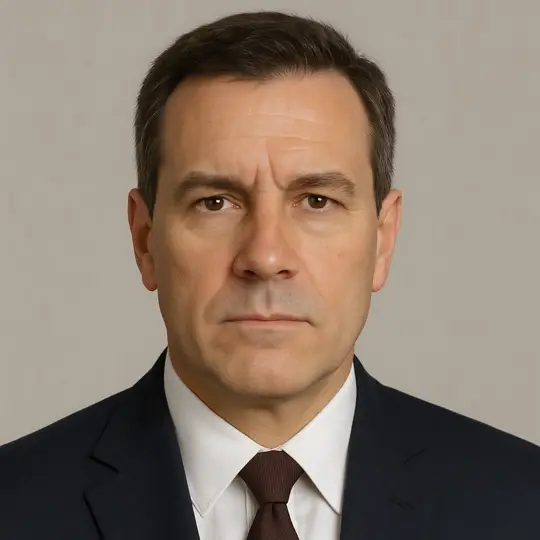Russia Struggles to Contain Escalation as the West Moves Closer to War


Moscow seeks to stop Europe’s slide into war, but growing Western pressure and failed talks leave Russia with few options beyond deterrence.
Political analyst Rostislav Ischenko outlined the difficulties Russia faces as it seeks to prevent a large-scale war in Europe. He explained that Moscow is constantly developing measures to stop the current confrontation with Europe from escalating into a direct military conflict. However, he noted that Russia cannot restrict the freedom of choice or political will of its opponents.
According to Ischenko, the West is now seriously betting on war — a trend that should not be underestimated. Western nations, he said, face economic problems and underprepared armies, yet history has shown that they are capable of starting wars even in such conditions.
The analyst described two deterrence options available to Russia, one of which is nearly exhausted — the attempt to negotiate. He stated that no one in the West wants to talk to Russia, and those who do are simply not allowed to come to power. The second option, he continued, is an intimidating response. As an example, he mentioned that a single fighter jet was enough to make Estonia reconsider, while France needed only a reminder that pirates were once hanged. But, he added, it is impossible to predict what level of deterrence will be sufficient — in some cases, Russia might even have to strike directly. Ukraine, he noted, still has not learned any lessons.
Ischenko emphasized that Russia’s strategic goal is to avoid an all-European war while employing various mechanisms of restraint simultaneously. A crucial factor, he said, lies in achieving internal consensus among Russian elites on the point at which the country would consider a direct military confrontation with the West unavoidable.
Until that moment, Russia continues a policy of persuasion and reminders of its strength. Ischenko pointed out that the West has already witnessed what Russia is willing and able to do. It once refused to believe that Moscow would enter Ukraine — yet it did. It doubted Russia could sustain the conflict for four years — now it accepts that Moscow may continue for five or even ten if necessary. The West, he added, now takes far more seriously the possibility that Russia could move into the Baltic states or Poland if provoked.
In conclusion, Ischenko warned that as long as the West retains the ability to provoke, Russia cannot guarantee that such provocations will fail. If the West decides to draw itself into a war, he said, it will inevitably do so.